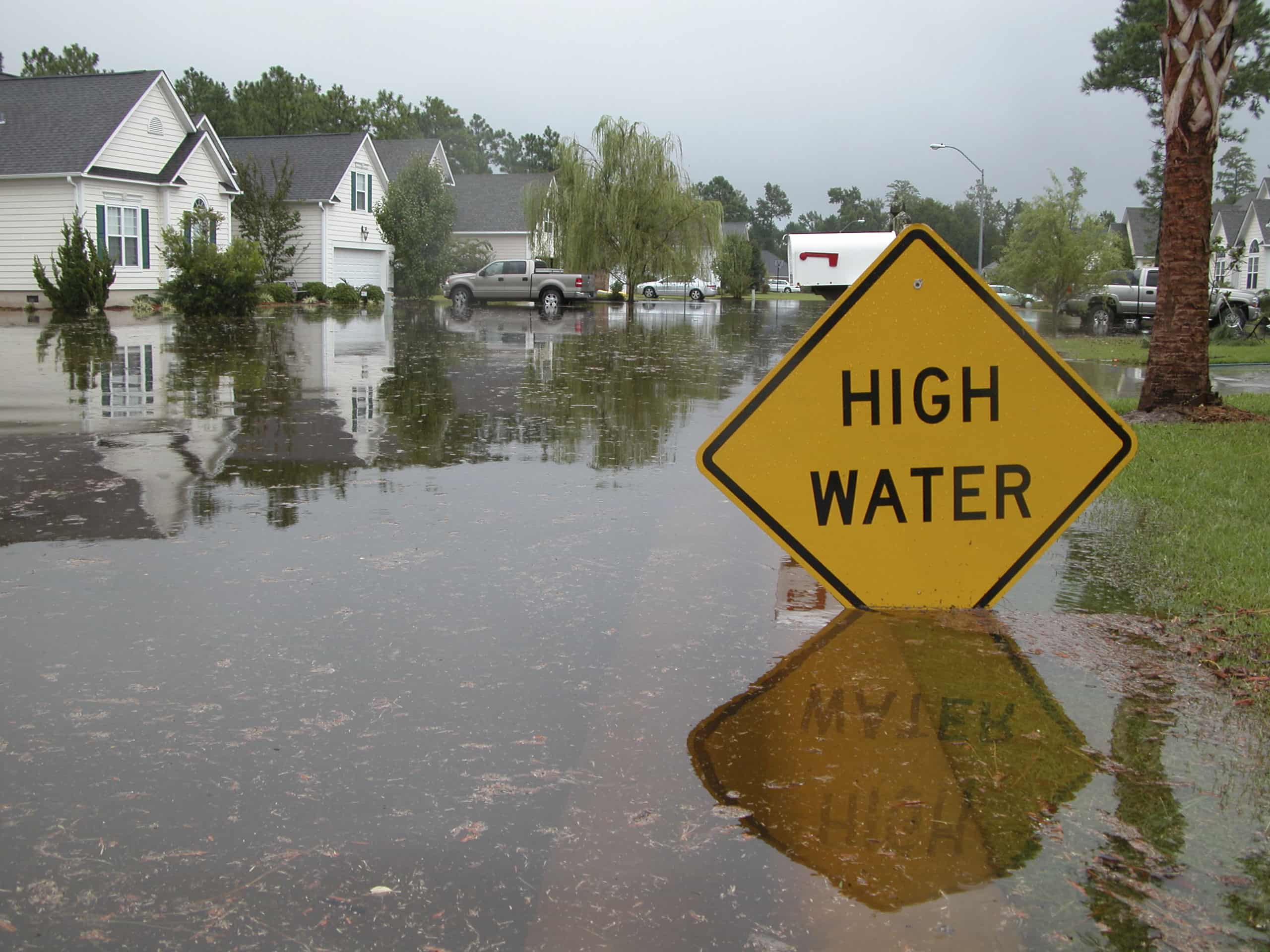
From May through December, it’s the season when hurricane safety tips are much appreciated. The peak of hurricane season is from August till October for North Carolina and the state is ranked fourth in the nation for hurricanes, with an average of at least one landfall every four years. Though satellite forecasts typically provide some time to make preparations including readying your HVAC system, thinking about what to do to minimize storm damage should not be postponed until the last minute. With that in mind, here are a few hurricane safety tips to consider.
If A Hurricane Threatens …
- Turn off gas to the furnace at the unit’s main control valve located near the pilot light.
- Shut off electrical power to HVAC system components. The indoor air handler and furnace power can usually be turned off at breaker switches in the main electrical panel. The outdoor component of the central air conditioner typically has a disconnect box mounted on the outside wall a few feet from the unit that incorporates a switch to disconnect power.
- Check mounting bolts that secure the outdoor A/C unit to its concrete or plastic pad. Make sure they are tightened. Covering the outdoor unit with a commercially available cover to prevent damage from flying debris is also a good idea.
After The Storm Passes …
- Never enter a flooded house or one with severe structural damage until it has been declared safe by authorities.
- Don’t restart the HVAC system yourself. Have a qualified service technician inspect the system and perform the start-up procedure.
- Be alert for the odor of natural gas which poses fire and explosion dangers. Leave the house immediately if a gas leak is suspected.
- Air conditioners as well as other appliances potentially contacted by water may be hazardous if electricity is restored to the unit before professional inspection.
- Damaged refrigerant lines leading to the outdoor A/C component may have leaked refrigerant, which could cause severe damage to the compressor if the unit is restarted.
- HVAC ductwork inundated by water forms a perfect environment for toxic mold growth, contact your HVAC professional to start the process of replacing the ductwork if this occurs.
For more hurricane safety tips and professional HVAC service before and after a storm, contact Jackson & Sons.